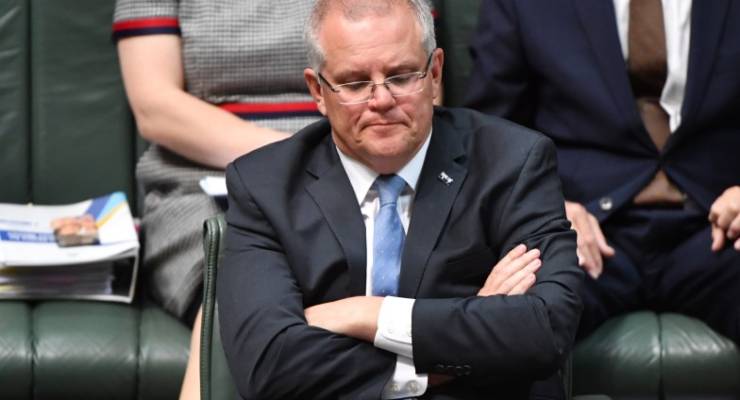
While many have been insulted by the recent increase of parliamentary pay, the question should be asked: would a parliamentary pay freeze really help anything? Readers discussed the knock-on effect of pay on bureaucracy — both good and bad. Elsewhere, readers tackled the ever-present issue of the stagnating economy.
On politicians’ pay
Joe Boswell writes: Ross Mueller’s article mixes up the pay of public servants and politicians. The two are different, just as the pay of a corporation’s employees and of its directors are separate. Then he makes no distinction between the pay of ministers and the pay of politicians generally. This is a common confusion with serious consequences. It was exploited by Margaret Thatcher when she was PM in the UK. Her government was unpopular, so she imposed pay freezes for years on parliament. Sounds fair enough, right? But parliament was supposed to hold her government to account. Hurting MPs through their pay and being applauded for it was brilliant revenge on the parliament she regarded with contempt. (Her successors do the same and more.) New Zealand’s PM Ardern deserves no praise for going down the same road. Freezing MPs’ salaries has nothing to do with “government values” and has no relevance to making sure “the economy is working for everyone”, no matter what she says. It is a self-serving assault by ministers of the executive government (appointees of the crown) against the legislature (elected representatives) expected to hold it to account. If ministers genuinely want to acknowledge their failures and broken promises they can give up their own salaries, not take away other peoples.
Bill Wallace writes: The mechanism for determining pay rises for politicians needs to be overhauled. Getting a pay rise at present with wage growth, inflation and an economy in the doldrums makes no sense.
Richard Shortt writes: Good bureaucracy is about good process adherence, not bloody-mindedness, but good process to ensure tax dollars, paid by the voters is spent appropriately and according to law. The PM wants to be a “bureaucracy buster” apparently. Good bureaucracy gets things done in a timely, efficient, effective, lawful and transparent fashion. Beware those who want the process sped up, because that’s when “timely” tends to trump “effective, lawful and transparent”, history would tell us.
On the stagnating economy
Julie Monton writes: Start by doubling Newstart and cancelling the third tier of the tax cuts, then sit back and watch for a few months. If you’re still worried about getting back in the black, put your own very generous 2% pay rises on hold for a year.
Send your comments, corrections, clarifications and cock-ups to boss@crikey.com.au. We reserve the right to edit comments for length and clarity. Please include your full name if you would like to be considered for publication







Crikey is committed to hosting lively discussions. Help us keep the conversation useful, interesting and welcoming. We aim to publish comments quickly in the interest of promoting robust conversation, but we’re a small team and we deploy filters to protect against legal risk. Occasionally your comment may be held up while we review, but we’re working as fast as we can to keep the conversation rolling.
The Crikey comment section is members-only content. Please subscribe to leave a comment.
The Crikey comment section is members-only content. Please login to leave a comment.